| Kwon Dae-young, vice chairman of the Financial Services Commission, speaks during a meeting with policy lenders and financial groups on responses to US tariffs at the government complex in Seoul on Wednesday. (Yonhap) |
Korea’s biggest financial groups and policy banks pledged to mobilize more than 267 trillion won ($192 billion) in financing through next year to help exporters cope with the impact of new US tariffs, officials said after a government-led meeting Wednesday.
The Financial Services Commission organized the meeting with the Financial Supervisory Service, policy banks and the five financial groups to map out responses to US trade measures. The session, chaired by FSC Vice Chairman Kwon Dae-young, was held at the central government complex in Seoul.
The US earlier this year lowered a planned blanket tariff rate on Korean goods to 15 percent from 25 percent, but still imposed duties of up to 50 percent on 407 items, including steel and aluminum.
While the outcome eased some uncertainty for exporters, Korean officials said the burden remains significant.
The five financial groups — KB, Shinhan, Hana, Woori and NongHyup — said they would provide 95 trillion won in loans, guarantees and interest relief, of which about 45 trillion won has already been delivered this year.
State-run lenders including Korea Development Bank, Industrial Bank of Korea and Export-Import Bank of Korea will provide 172 trillion won until end of next year, with 63 trillion won supplied through August.
“The tariff shock from the US could threaten the very survival of some firms,” said Park Young-jun, chief strategy officer at KB Financial Group. “We will go beyond short-term liquidity to back restructuring, R&D and new market expansion.”
Hana Financial Group Chief Strategy Officer Nam Ho-sik said the lender would deepen ties with Hyundai Motor and Kia to support auto exporters under pressure from higher costs.
“We plan to maximize our foreign-exchange expertise to deliver tailored solutions that provide tangible help to exporters,” Nam said.
Woori Financial Group’s top strategist said the bank would not only roll out new financial products for exporters but also provide non-financial support.
“We will develop customized products and at the same time play a role in areas such as consulting on market diversification for Korean companies,” the official said.
Shinhan Financial Group said it would focus its efforts on small and mid-sized enterprises, offering solutions tailored to different sectors.
Lee Jae-ho, vice president at NongHyup Financial Group, noted the group would provide both financial and advisory support.
“We will combine direct relief such as interest-rate cuts with consulting on competitiveness, while leveraging our unique strengths to support the broader agro-industrial value chain,” he said.
FSC Vice Chairman Kwon told participants that assistance should extend beyond “survival” support.
“It is time to ensure companies reinforce competitiveness and secure new growth engines,” he said.
He added that targeted measures would be stepped up for industries most affected, such as autos, steel and petrochemicals, as well as for small and mid-sized exporters in supply chains.
Policy banks detailed plans to expand “crisis response” lending and credit guarantees. KDB will raise loan limits for exporters tenfold, while Eximbank will broaden eligibility beyond lower-rated borrowers and cut interest rates by up to 2 percentage points.
Korea Credit Guarantee Fund and Korea Technology Finance Corporation pledged to streamline their procedures, while IBK said it would continue consultations through its 640-branch network.
The FSC and Korea Asset Management Corp. are also preparing a corporate restructuring fund worth 1 trillion won to support firms in industries including petrochemicals, steel, autos, semiconductors, batteries and displays.
At least 60 percent of the fund will be dedicated to core export sectors and their suppliers.
Financial Supervisory Service Deputy Gov. Kim Byung-chill said that cooperation across lenders and regulators would be key, pledging that the watchdog would work to identify and ease bottlenecks.
Kwon closed the meeting by urging banks to act with responsibility as exporters prepare for prolonged tariff pressures.
“Numbers matter, but what matters more is delivering real help to companies in urgent need,” he said.

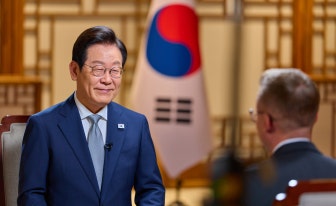
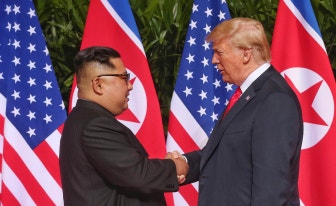
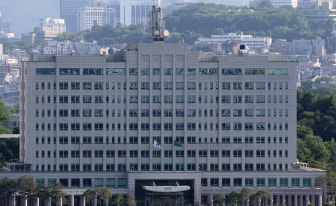
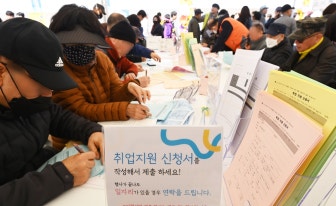
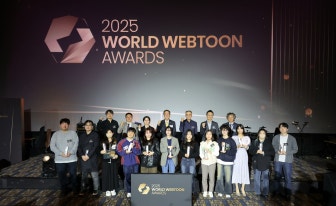

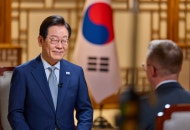
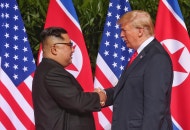
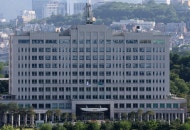
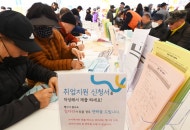
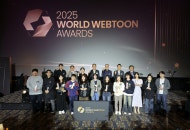


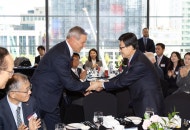
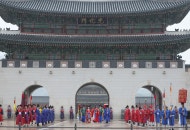


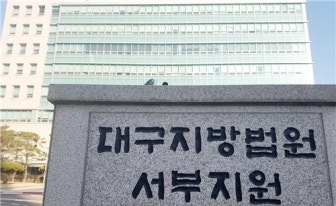

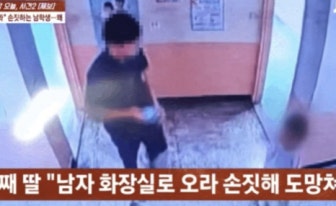


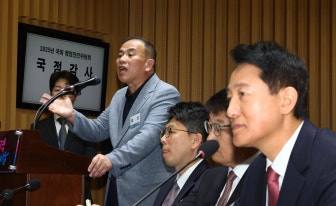
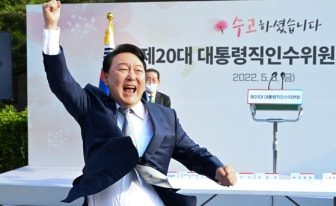


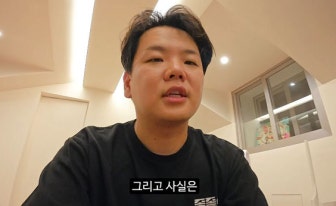

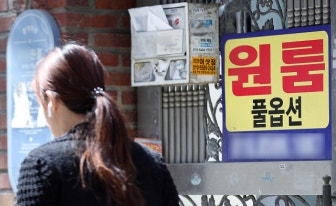


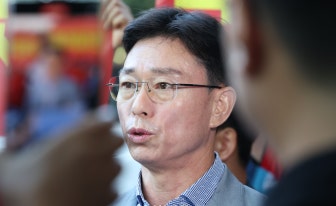
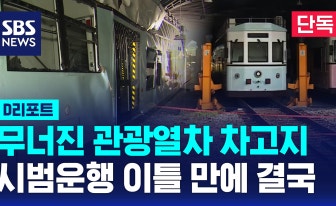

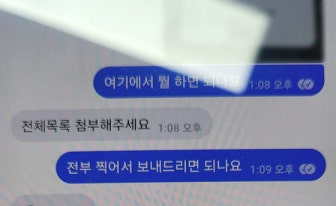

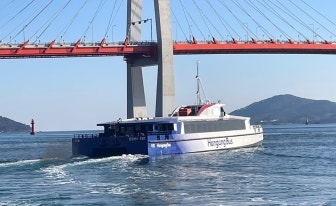
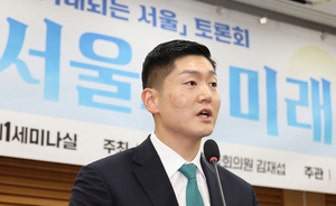
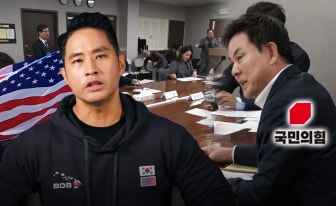


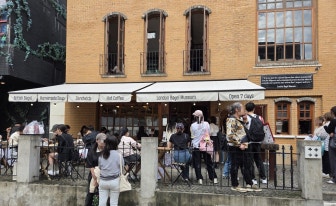
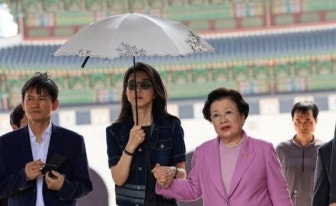















.jpg?type=nf190_130)